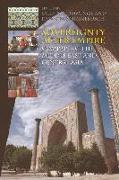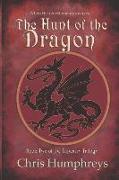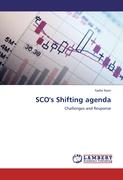Sovereignty After Empire
BücherAngebote / Angebote:
AUTHOR APPROVED
'Offering a novel way to understand the political structures of states in two significant areas of the non-European world, this book will make a significant contribution to thinking about the development of the state systems in the former colonial world.' Roger Owen, Professor of Middle East History, Harvard University
'Theoretically rigorous and informed by important new research, each contributor sheds original light on these diverse Muslim states' transition from empire to sovereignty... required reading for scholars and decision makers alike.'
Eugene Rogan, Director of the Middle East Centre, University of Oxford
'An impressive comparative historical and political analysis which will be a valuable and lasting contribution to the academic literature.'
Roland Dannreuther, Professor and Head of Politics and International Relations, University of Westminster
'This rich collection provides a thoughtful analysis of imperial rule and the meaning of sovereignty in the Middle East, North Africa and Central Asia.'
William Fierman, Professor of Eurasian Studies, Indiana University
How does empire affect the route to successor sovereign state systems and the features of the sovereignty of these systems?
Empire matters for post-imperial outcomes, as is shown in this comparative study of the Middle East/ North Africa (MENA) and Central Asia. The imperial creation of states there explains several similarities in both regions' successor states, while differences in imperial heritages also partly account for the greater instability of the MENA states system and its lesser legitimacy.
As the imperial relation to an external metropole eventually came to an end, the social patterns and institutional practices forged in these relationships remained. Some remained only as traces, others, that endured in the transformation of empire, emerged as something else - a national sovereignty which should be seen as more than 'neo-colonialism' but less than 'total independence'. This challenges the view of an automatic linear progression from empire to sovereignty and indeed, suggests the two conditions can and do co-exist.
Sally N. Cummings is a Senior Lecturer in the School of International Relations at the University of St Andrews. Raymond Hinnebusch is a Professor in the School of International Relations at the University of St Andrews.
Folgt in ca. 15 Arbeitstagen




